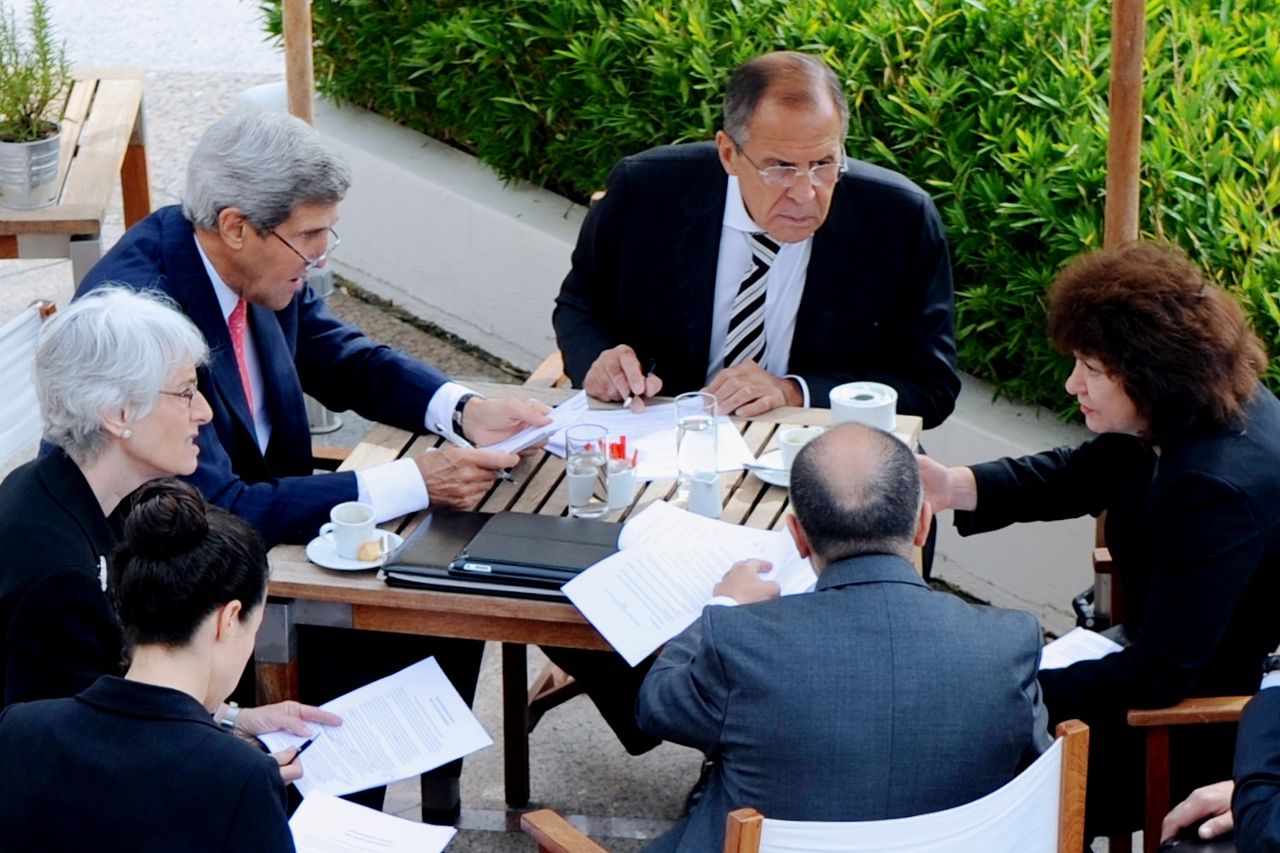Chemical attack in Syria: who benefits?
By Alex Davidson
On 4 April 2017, chemical weapons were dropped in the rebel-held town of Khan Shaykhun, Idlib, in Syria. A storm of indignation swept the Western world. Assad and the Syrian government were immediately, literally within minutes, blamed for the attack. On such occasions, it is pertinent to ask the question: who benefits?
On 6 April, the United States fired 59 tomahawk missiles at the Syrian government's Shayrat Airbase, killing and injuring people at the base and putting it out of action, in response to the alleged chemical attack by the Assad government. President Trump, until then criticised by the US "liberal" media, such as the New York Times, overnight became a national hero.
The incident is now confined to history by the western media but the question remains: who would benefit from the chemical attack on Idlib? Why would Assad arouse the anger of the west and invite American intervention?
With the assistance of Russia, Iran and Hizbullah, he is winning the war which has been ravishing Syria for years. It is extremely difficult to see what Assad and the Syrian government had to gain from a chemical attack on Idlib.
So, who had something to gain by the chemical attack?
There are jihadists from a variety of countries, several Syrian sects and militias, who are fighting Assad and against each other, and then there are their Arab allies, Saudi Arabia, Qatar, and the United Arab Emirates. And, there is Israel, of course. They all have an interest in arousing the west to intervene against their enemy, the Assad government. Â
The answer to the question: who benefitted from the chemical attack is not Assad. The Syrian government surrendered their chemical weapons in a deal overseen by Russia and the US some time ago. Some of the western media put about the story that the Syrian regime may not have declared all their chemical weapons but that has never been argued very forcefully and no proof has ever been offered.
The western media published an unproven assumption that Assad was the culprit as the only truth. They didn't wait for an investigation or proof but immediately blamed the already demonised Assad. Trump responded by doing what he had always urged Obama not to do. He ordered US military intervention in Syria.
The answer to the question: who benefitted from the chemical attack is clearly those forces who have long wanted the United States to intervene against Assad. You can choose from a variety of players in the region. However, one thing is absolutely clear: Assad and the Syrian government had absolutely nothing to gain.

2013 September. John Kerry , US Secretary of State (top left) and Sergei Lavrov (top), Russia's Foreign Minister, at the final negotiating session on destroying syria's chemical weapons.

2014 February. Britain's HMS Diamond escorts MV Ark Futura (top) transporting chemical weapons from Syria.






